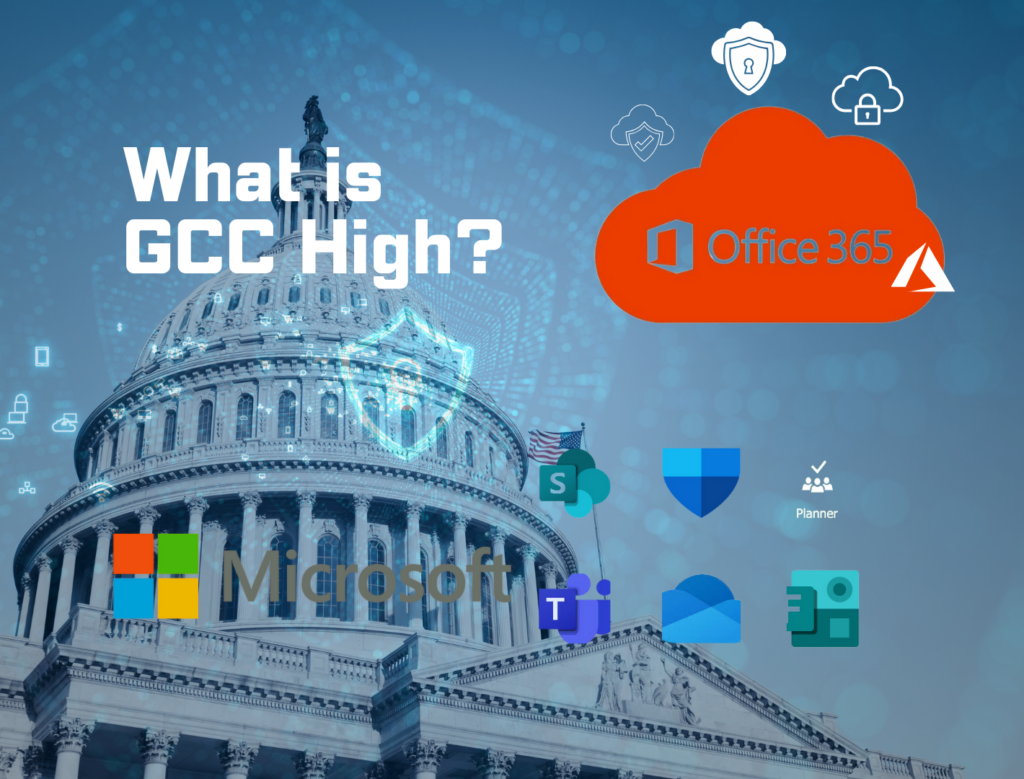ITAR Compliance: A Guide to Hiring Foreign Nationals
The International Traffic in Arms Regulations (ITAR) govern the export and import of defense-related articles and services listed on the United States Munitions List (USML). While ITAR compliance strengthens national security, it also presents challenges for businesses seeking to tap into global talent. Hiring foreign nationals in the defense sector can be a sensitive task, especially considering ITAR’s stringent restrictions on sharing technical data with foreign persons. However, by adopting the right strategies and technologies, you can ensure ITAR compliance without stifling your company’s global reach.
Data Access Control: A First Line of Defense
Creating a robust system of data access controls can greatly assist in maintaining ITAR compliance. This involves setting user permissions and authentication protocols that limit data access based on an employee’s nationality and job description. For instance, you can prevent foreign nationals from accessing ITAR-restricted data while allowing them to work on other projects.
Role-Based Access Control: Streamlining Permissions
The principle of role-based access control (RBAC) involves assigning roles to employees based on their job responsibilities and permitting data access accordingly. By enforcing this principle, you ensure that employees, including foreign nationals, access only data that is essential to their role, minimizing potential ITAR breaches.
Secure Partitioning: Segregating the Workspace
Another effective strategy involves creating a secure, partitioned work environment, both physically and virtually. ITAR-controlled data should be confined to this environment, with foreign nationals working in separate areas where such data isn’t accessible.
VPN and Geolocation IP Address Restrictions: Reinforcing Data Security
A Virtual Private Network (VPN) can help secure your data by allowing access to ITAR-restricted data only through certain IP addresses. This restricts data access to authorized locations, offering another layer of security.
Differential Data Classification: Tailoring Data Accessibility
Classify your data based on its sensitivity level. This means identifying which data is non-sensitive and can be accessible to all employees, whereas sensitive, ITAR-restricted data should be accessible only to U.S. persons.
Employee Training: Building an ITAR-Compliant Culture
Providing regular ITAR compliance training to all employees is key. Such training helps employees understand the gravity of ITAR regulations and the implications of non-compliance. A well-trained workforce can identify and handle ITAR-restricted data responsibly.
Monitoring and Auditing: Keeping Track of Data Usage
Implement a system of regular monitoring and auditing of data access and usage. This can help detect any unauthorized access attempts and ensure that ITAR restrictions are being adhered to. Automated system logs and alerts can help in proactively managing this.
Data Encryption: Safeguarding Sensitive Data
Store sensitive data in an encrypted form, ensuring that decryption keys are only accessible to authorized personnel. This adds an additional layer of security to prevent unauthorized data access.
Conclusion
While these technical solutions can play a significant role in ITAR compliance, they are not stand-alone remedies. It’s crucial to seek legal advice to ensure complete ITAR compliance, as it may require obtaining licenses for foreign nationals to access certain technologies. And remember, fostering a culture of compliance and responsibility is equally as important as any technology you implement.
By using these strategies, your business can maintain ITAR compliance while benefiting from the expertise and insights of foreign nationals, truly making the most of the global talent pool available.
Share in Social Media
See More Case Studies

Securing Defense Contracts: A DFARS 252.204-7012 Compliance Case Study
Discover how Cleared Systems helped a Federal Contractor successfully achieve DFARS 252.204-7012 compliance by strengthening its cybersecurity posture, giving it a competitive edge when bidding for DoD Contracts.

What is GCC High? For ITAR & CMMC 2.0
Microsoft 365 Government Community Cloud (GCC) High is a specialized cloud solution tailored for U.S. federal, state, local, tribal, and territorial government organizations, as well as for contractors who hold or process data subject to specific security regulations. In this article, we will explore the features, benefits, and differences between Microsoft 365 GCC High and other Office 365 offerings.

Is AutoCAD ITAR Compliant? A Comprehensive Guide for Defense Manufacturers
Defense contractors and manufacturers working with sensitive military technologies face a critical question when selecting computer-aided design software: Is AutoCAD ITAR compliant? This question becomes

How to Get Help in Windows: Guide to Security and Compliance Support
In today’s digital landscape, ensuring your computer systems are secure and compliant with industry regulations is essential for both businesses and individuals. Windows, as one

Microsoft Copilot for GCC High: Enhancing Security and Compliance
In today’s fast-evolving digital landscape, organizations that handle sensitive data, particularly those in government sectors or defense contractors, face growing pressure to maintain strict security
Partner with Us for Compliance & Protection
We’re happy to answer any questions you may have and help you determine which of our services best fit your needs.
Your benefits:
- Client-oriented
- Security
- Compliance
- Peace of mind
- Efficiency
- Trust
What happens next?
Schedule an initial meeting
Arrange a discovery and assessment call
Tailor a proposal and solution
